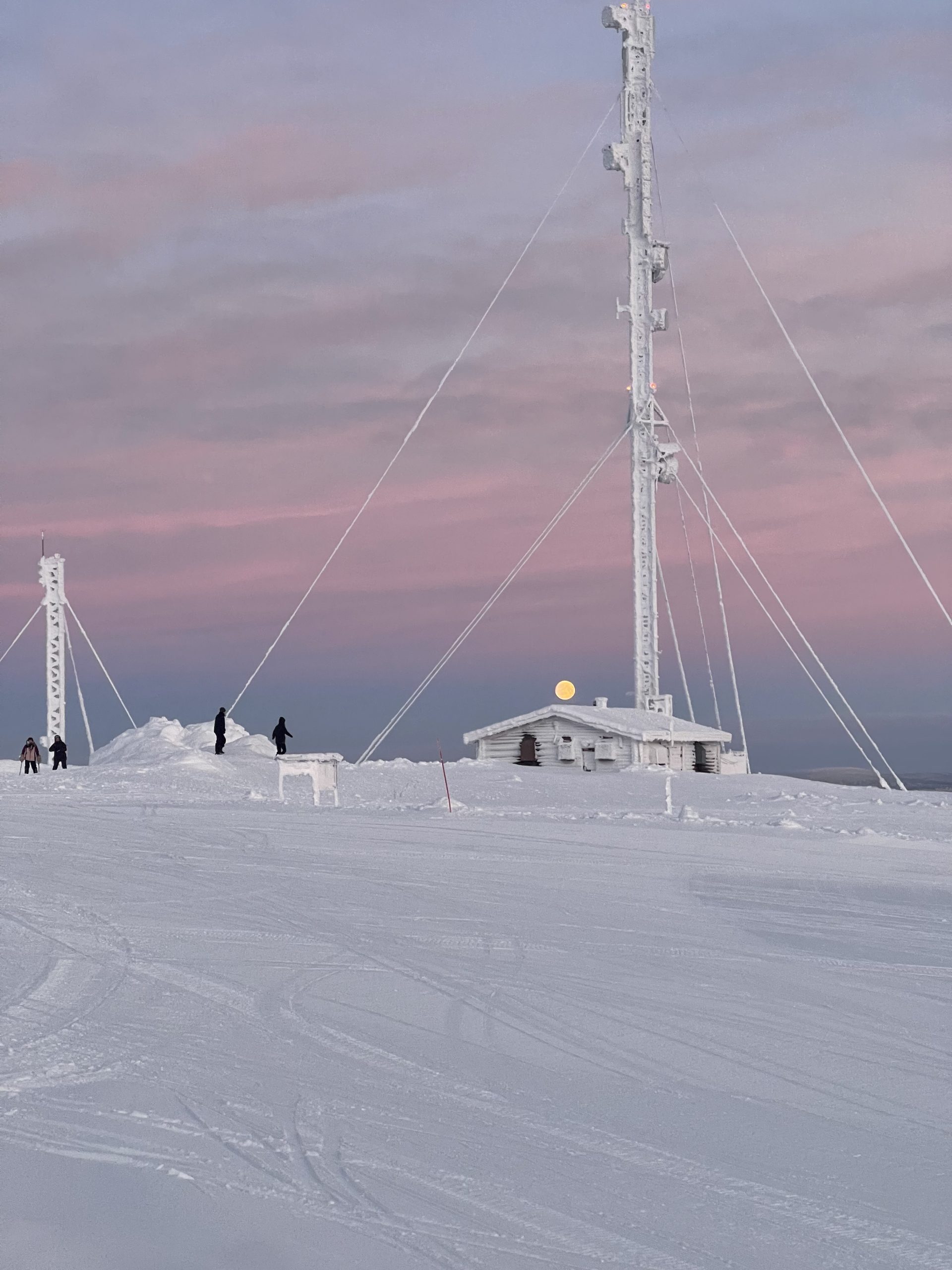Arguably, the Arctic region has always been an area of interest to the world’s countries. Despite its location and harsh arctic climate, the region opens opportunities for exploring new territories, trading routes, rich natural resources, and raw materials. According to the research on Arctic warming, by 2040, the melted ice in some parts of the Arctic will provide a new prospect for commercial shipping, shortening the transit time between Europe, the United States and Asia (Rantanen et al., 2022). Nevertheless, these changes open not only new opportunities for economic development but also threaten the global environment. As a result, the Arctic becomes a playground of conflict of interests of many international actors, creating new challenges to the region’s stability and security.
In addition, due to its strategic importance, the region has begun to attract the attention of various actors. Since 2008, the EU has actively shown interest in Arctic issues, trying to strengthen its influence on Arctic affairs and emphasising the importance of its participation in solving the problems of the region to ensure its stability and development. Today’s interests of the EU in the Arctic region include the region’s sustainable development, security concerns, and climate change issues (The EU in the Arctic, 2024).
Subsequently, this paper begins by laying out the history of EU policies in the region and how they have evolved. In The second section outlines challenges and opportunities that arise during the implementation of its policy in the region. Lastly, the third section provides an overview of the main EU initiatives and its engagement in Arctic security.


